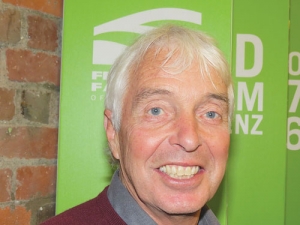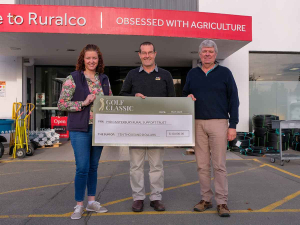New Zealand farmers have the ability to reduce their energy use, but because it is not a priority for them they don’t do it.
That’s the view of Massey University’s professor Ralph Sims, a keynote speaker at the Feds annual conference. He was one of a number of speakers on a day devoted to ‘resilient agri-business’. Economists, trade representatives and food technology experts also spoke.
Sims coined the phrase ‘precision energy use’ – simply meaning not wasting energy on farms. He says because energy is relatively inexpensive and farmers have a lot of other things to worry about on their farms – such as animal health and having sufficient feed – energy efficiency is not on their radar.
“But when energy prices increase, and they will, and when there is a carbon charge on the energy so it increases even more – then there will be greater incentive to reduce energy use.
“The main energy use in modern farming systems is irrigation, heated greenhouses, tractors and dairy sheds. Horticulture has packing sheds and outside of the farm we are into processing and transport.”
Sims says a world trend, evident also in NZ, involves farmers generating their own energy and therefore less inclined to waste it. He says farmers could install solar panels on their dairy sheds to reduce their power bills and generally monitor how much power they use.
Another speaker, Dr Clair McGowan, chief executive of SODA, the small business incubator in Waikato, says it is important to get young people excited about science – especially agricultural science. McGowan believes NZ needs some science superstars to inspire young people to make a career in this field.
This happens in the IT sector and there is no reason why it can’t happen in ag science, she says. National Fieldays displayed a lot of great innovation and she wished more young people could have seen this.











